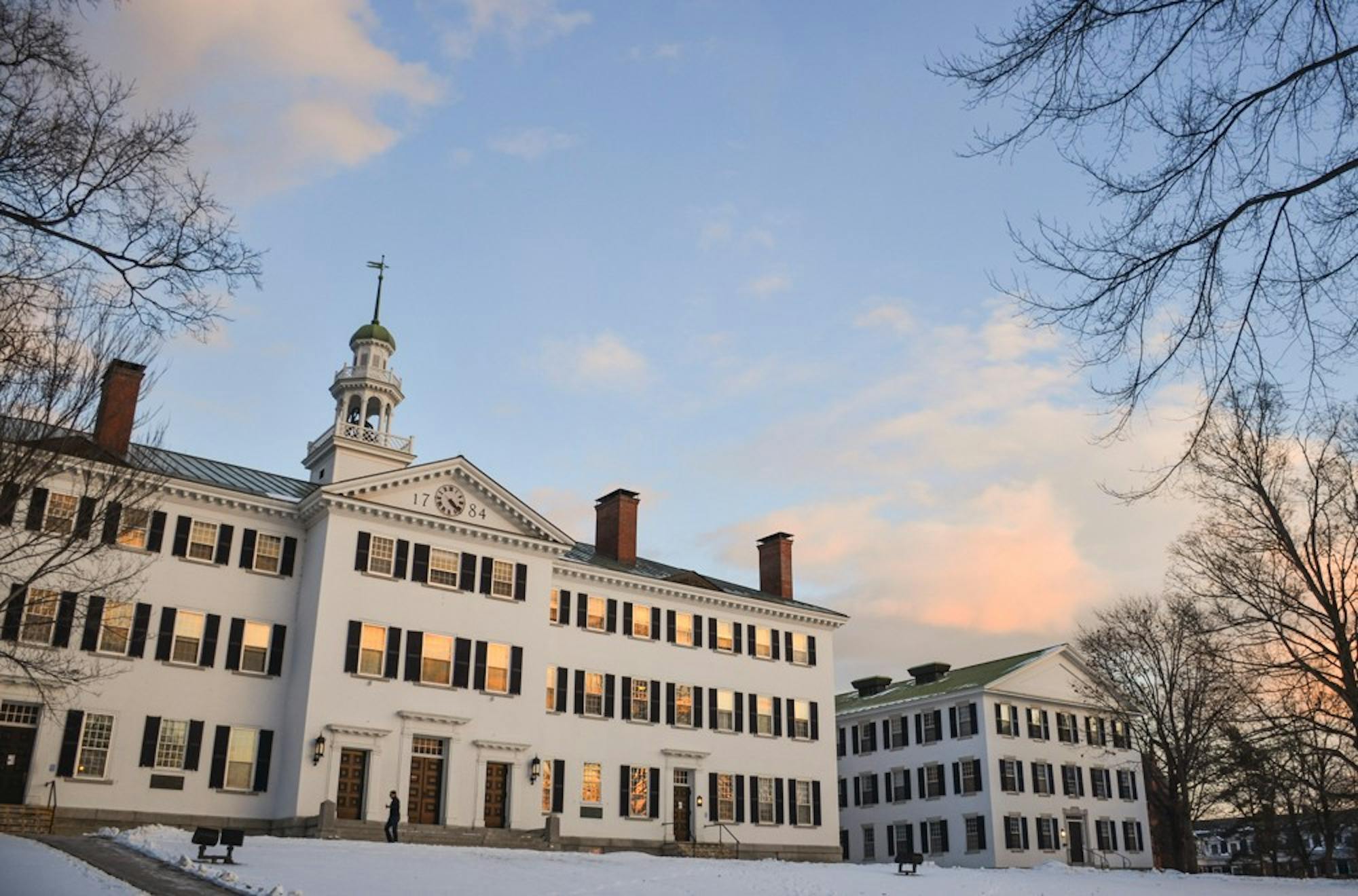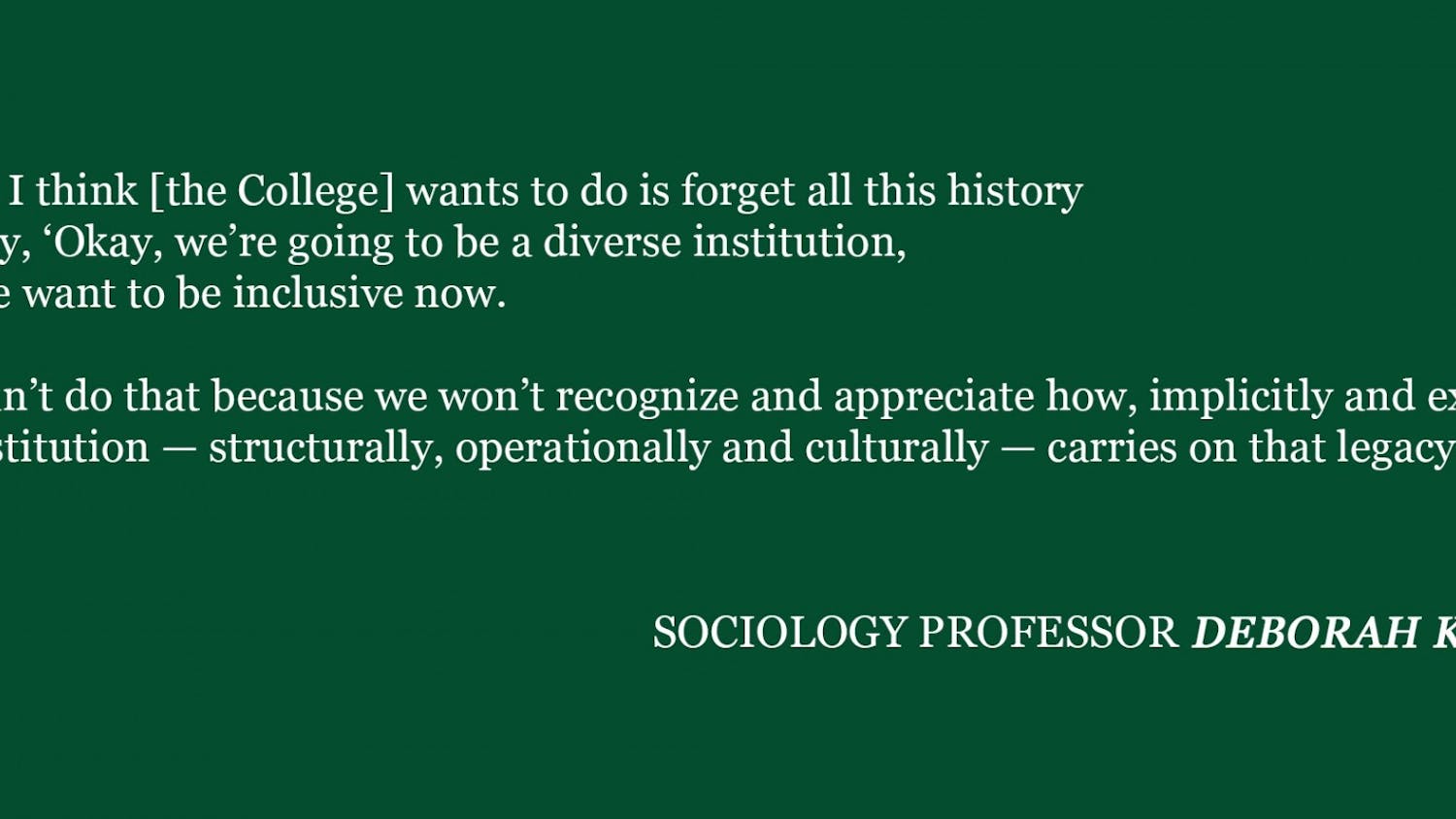On June 18, the Supreme Court blocked the Trump administration's plan to end the Deferred Action for Childhood Arrivals program, allowing those affected by the program, including some Dartmouth students, to remain legally protected.
Regarding the ruling, former co-director of the Coalition for Immigration Reform and Equality at Dartmouth Kenya Pascascio ’20 said that “a lot of people expected the Supreme Court decision to go a lot differently,” and that the decision was a “pleasant surprise.” She added that people are “celebrating the small victory.”
Created eight years ago under the Obama administration, DACA protects almost 700,000 young immigrants in America, called “Dreamers.” These students and workers have been present in the United States since their childhood but do not have proper legal documentation.
According to geography and Latin American, Latino and Caribbean Studies professor Richard Wright, this recent decision provided current DACA students with continued protection from deportation. Wright said he thought that the decision would “find broad support among many segments of the electorate.”
Since the ruling, CoFIRED has been sharing information to students about next steps for both allies and Dreamers through social media and infographics, according to Pascascio.
The College is also playing a role in addressing the concerns of undocumented students. Pascascio said that in the past, the financial aid office has been willing to help students financially with DACA application fees or renewals.
She also mentioned that the College has an external legal counsel that provides free advice for students. However, Pascascio said that these resources are sometimes difficult to access, and she believes that the College should make these important resources more easily available to students.
After the case verdict was announced on June 18, College President Phil Hanlon issued a statement saying that the College administration was “deeply gratified” by the decision, and that DACA students “were exceptional individuals who have persevered through unprecedented challenges in pursuit of excellence in higher learning.”
This case marks the second time the College has publicly commented on a court case related to DACA; Dartmouth signed a brief in 2018 when the program was first under fire from the Trump administration.
Pascascio, however, said that Dartmouth’s response in 2018 was somewhat delayed.
“We had to send out a petition to [administration] to even address the situation,” she explained.
However, she mentioned that eventually, after asking for a response from the College, the administration supported CoFIRED’s position.
Wright stressed that it was important to remember that the recent decision, while deserving of being celebrated, does not help everyone who is undocumented in the U.S.
“DACA recipients represent about 7 percent of the population of the people who are in the country without authorization. That means there’s another 93 percent that are unaffected by this [and] cannot access even the limited resources that DACA provides,” Wright said.
He added that he thought that immigration reform needs to prioritize Dreamers, the undocumented and others such as refugees and asylum seekers who are being kept out of the country.
“We need a complete, deep reflection on the system we have in place. It’s been over 30 years since the country passed comprehensive immigration reform and a new debate, a new piece of legislation, is long overdue,” he said.




